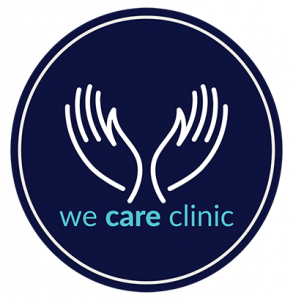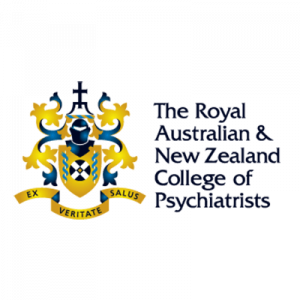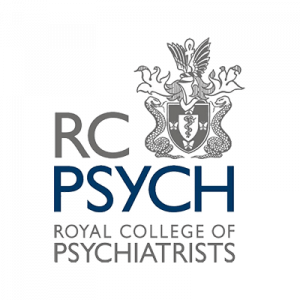Depression
RANZCP mentions that depression is very common among adults and can occur in children and teenagers too. It affects 1 in 5 people. Women are twice as likely as men to get depression. It can thus affect anyone and it is not uncommon for people to feel low from time to time. However, if this prolongs for more than a few weeks then it could be depression. It causes huge impairments and thus impacts one’s ability to function (psychosocial decline)
Causes of depression could include genetic factors, early trauma, structural abnormalities in the brain, use of illicit substances or alcohol, lack of exercise, certain medications, other medical conditions too.
In some cases, depressive symptoms can occur during or after pregnancy and it is called perinatal and postnatal depression respectively.
Depression Symptoms and signs
This condition includes a lack of interest or pleasure, depressed mood, significant change in weight, reduced or increased need for sleep, agitation, tiredness, worthlessness, guilt, hopelessness, difficulty concentrating, suicidal thoughts, self-harm thoughts or behaviour, agitation.
In severe cases it can also cause persistent false beliefs (delusions), hallucinations and dissociative symptoms. Depending on the number of symptoms and the degree of impairment, it is categorised into mild, moderate or severe depression.
In some the illness may follow a fluctuating course and symptoms may vary in intensity from time to time and in others it remains consistently low.
Depression in some may present as dementia and hence called depressive pseudo dementia. This can present as memory impairment, difficulty remembering dates, time, events, struggling to comprehend conversations and causing huge disruption to daily functioning.
Diagnosis is established based on a comprehensive assessment which involves taking a detailed history and is seen by a psychiatrist after a referral is made by the GP.
Treatments include
- Medications
- Psychology
- TMS ( Transcranial Magnetic Stimulation)
- ECT ( Electro Convulsive Therapy)
Depression cannot be prevented but there are lifestyle techniques that could be done to reduce the intensity of depressive symptoms and that would include exercise, good sleep hygiene, compliance with medications, having good emotional support, having good insight and being psychologically minded.



